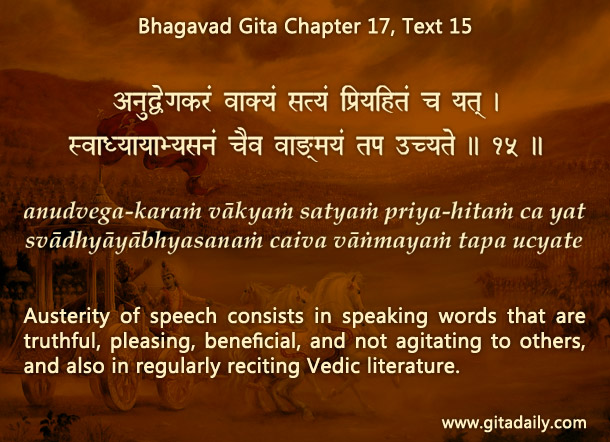Suppose our partner came to us and started listing out all our faults, which number over a hundred. How would hearing that list affect us? Even if all those faults were true, we might still get angry with them. Even if we could avoid getting angry with them, we would find it extremely difficult to avoid getting angry with ourselves. And anger directed at ourselves for our inadequacies frequently manifests as demoralization or even depression. Thus, their litany of our faults may not motivate us to improve; quite the opposite, it may well destroy our will to improve; overall, it may be at best unhelpful or at worst terribly harmful.
Suppose we turn the situation around. If we told someone close to us all their faults, wouldn’t they too feel similarly disheartened, maybe even shattered? If we wouldn’t want them to subject us to such an experience, is it right for us to subject them to such an experience? Just because we are truthful doesn’t mean we are being helpful. Emphasizing this very point, the Bhagavad-gita (17.15) stresses that we discipline our speech to ensure that it is not just truthful (satyam) but also helpful (hitam).
Here’s another example to illustrate how too much truth can have a counterproductive effect. When we are told a fault of ours, that’s like having a small stone dropped on our head while we are dozing off lazily. But when we are told a hundred faults of ours, that’s like being hit by an avalanche of stones — it may bury us alive. If we truly want to be helpful, we have to speak cautiously so that our words awaken others, and don’t bury them alive.
One-sentence summary:
When speaking with others, strive not just to be truthful; strive to be truthful in a way that is helpful.
Think it over:
- When can someone speaking the truth be harmful?
- How can speaking the truth be harmful? Explain with an example.
- Is there any interaction where you need to evaluate whether your being truthful is being helpful?
***
17.15: Austerity of speech consists in speaking words that are truthful, pleasing, beneficial, and not agitating to others, and also in regularly reciting Vedic literature.
To know more about this verse, please click on the image


Leave A Comment